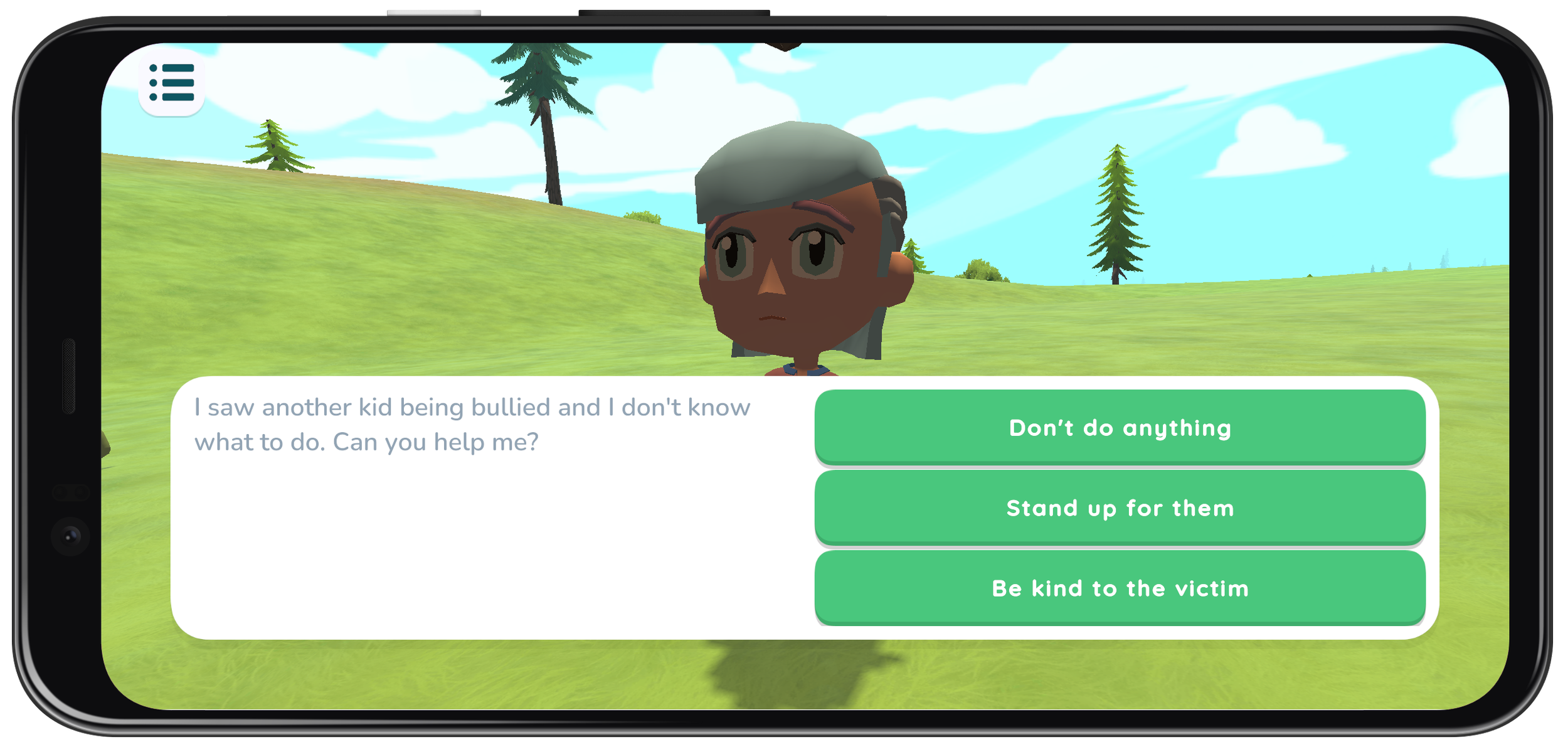Why is it so popular to gamify mental health?
Startups are trying to gamify mental health because it can provide an effective and engaging way to support mental health and well-being. Gamification is the use of game design and mechanics to engage and motivate people to achieve specific goals or outcomes. In the context of mental health, gamification can be used to create games or apps that are designed to support mental health and well-being. These games can be fun and enjoyable and can provide a more engaging and interactive experience than traditional forms of mental health support, such as therapy or medication.
Additionally, gamified mental health apps can be accessible and convenient, and can be played anytime, anywhere. Overall, companies are trying to gamify mental health because it can provide an effective and engaging way to support mental health and well-being.
How does gamifying mental health work?
Gamified mental health refers to the use of game-like elements, such as rewards, incentives, and challenges, in mental health treatment and support. This approach can make mental health interventions more engaging and enjoyable for individuals and can help motivate them to engage in treatment and adopt healthy behaviors.
Gamified mental health can take many different forms, such as mobile apps that use game mechanics to support mental health, or therapy sessions that incorporate game-like activities to promote learning and skill development. Gamified mental health can be effective for a variety of mental health issues, such as anxiety, depression, and addiction, and can be tailored to the individual needs and preferences of each person.
Are there any negative consequences of gamifying mental health?
While games can have many mental health benefits, they can also potentially have negative effects on mental health. For example, some games can be highly addictive, and excessive gameplay can lead to problems such as social isolation, sleep disturbance, and neglect of other important activities, such as work, school, or relationships.
Additionally, some games can be violent or aggressive, and exposure to this type of content can lead to an increase in aggressive thoughts and behavior. Furthermore, some games can be frustrating or stressful, and excessive frustration or stress can lead to increased levels of anxiety and distress. Therefore, it's important to play games in moderation and to balance gaming with other healthy activities.


